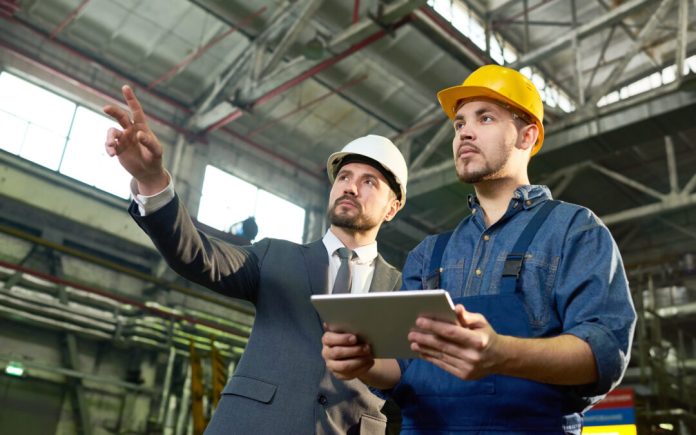In the dynamic landscape of industries and businesses, the need for accurate and reliable equipment appraisal has become increasingly crucial. Whether you are a business owner, investor, or financial professional, understanding the significance of equipment appraisal is essential for making informed decisions and managing assets effectively.
What is Equipment Appraisal?
Equipment appraisal is the process of determining the fair market value of tangible assets within a business. These assets can include machinery, vehicles, tools, and other equipment. The appraisal provides an objective assessment of an asset’s worth, taking into consideration factors such as age, condition, functionality, and market demand.
Importance of Equipment Appraisal
1. Financial Decision-Making
Accurate equipment appraisal is integral to financial decision-making within a business. Whether you are considering a merger, acquisition, or securing financing, having a clear understanding of the value of your assets is essential. It helps in negotiating fair deals and ensuring that you are not overpaying or undervaluing your assets.
2. Asset Management
Equipment appraisal plays a crucial role in effective asset management. By regularly appraising your equipment, you can identify outdated or underutilized assets, allowing for strategic decisions on replacement, refurbishment, or disposal. This helps in optimizing the efficiency of your operations and maintaining a competitive edge in the market.
3. Insurance Coverage
In the event of unforeseen circumstances such as natural disasters or accidents, having an accurate appraisal of your equipment ensures that you have the right insurance coverage. This helps in minimizing financial losses and expedites the claims process by providing evidence of the value of damaged or lost assets.
4. Legal Compliance
Certain industries and regulatory bodies require businesses to maintain accurate records of their assets, including their current market value. Equipment appraisal ensures compliance with legal and accounting standards, safeguarding your business against potential legal issues.
The Equipment Appraisal Process
The equipment appraisal process involves several steps to ensure a comprehensive and accurate valuation:
1. Inspection
A certified appraiser conducts a physical inspection of the equipment, documenting relevant details such as make, model, serial number, and overall condition.
2. Market Analysis
The appraiser researches the current market conditions, considering factors such as demand, supply, and economic trends that may impact the value of the equipment.
3. Comparative Analysis
Comparing the subject equipment to similar items in the market helps in establishing a benchmark for its value. This involves considering the age, functionality, and condition of comparable assets.
4. Valuation Report
The appraiser compiles the findings into a comprehensive valuation report, including the methodology used, supporting documentation, and the final appraised value.
Conclusion
In conclusion, equipment appraisal is a critical process for businesses seeking to make informed financial decisions, manage assets effectively, and comply with regulatory standards. Regular appraisals contribute to the overall financial health of a business, providing insights that enable strategic planning and risk mitigation. Whether you are a small business owner or a large corporation, recognizing the importance of equipment appraisal is a key element in ensuring long-term success and sustainability.






